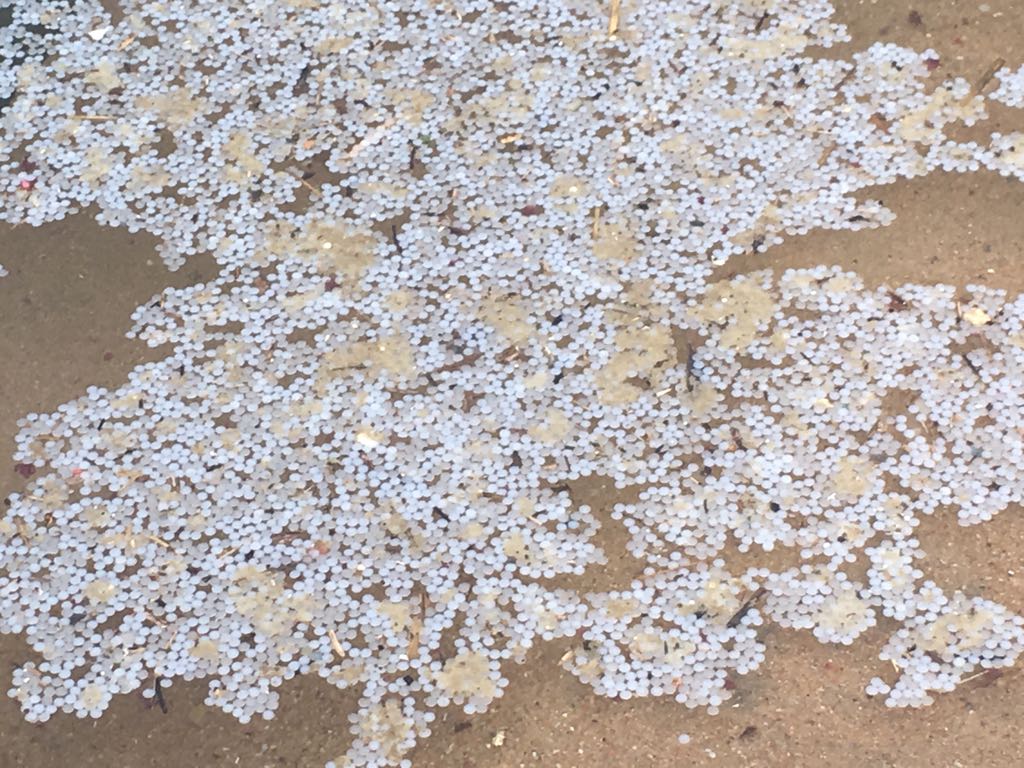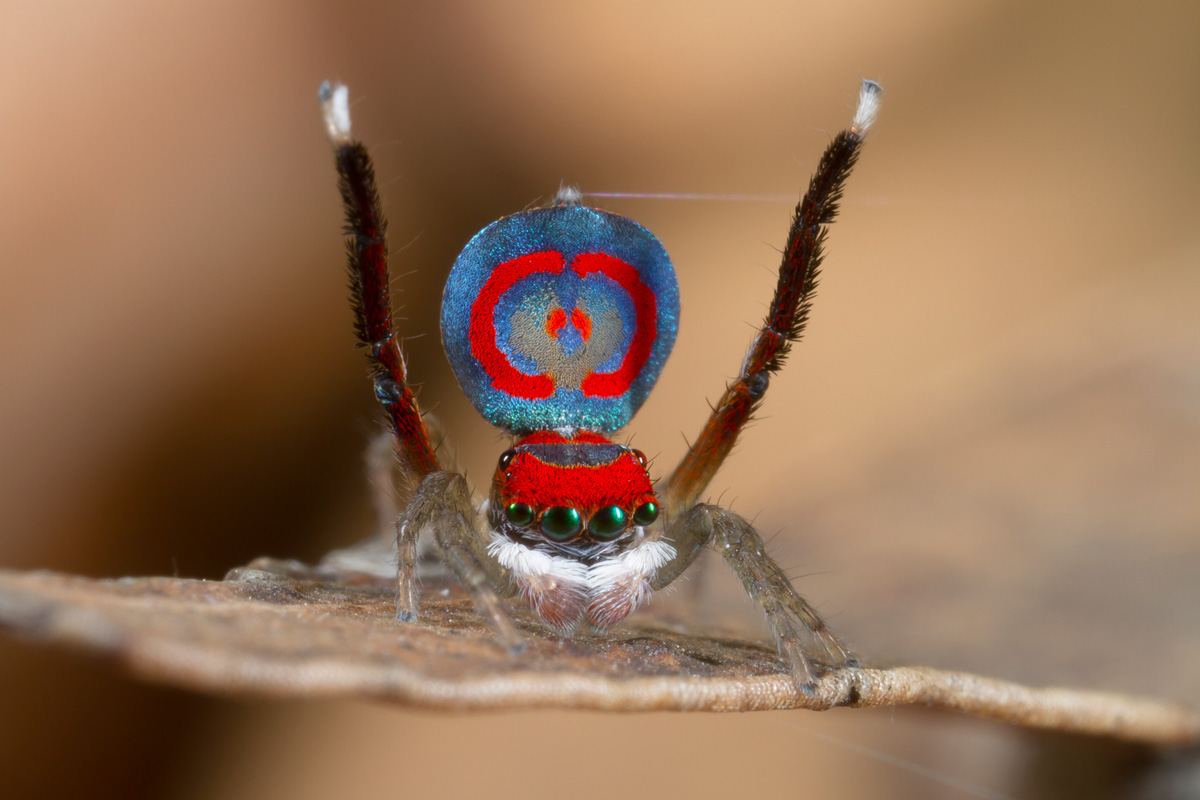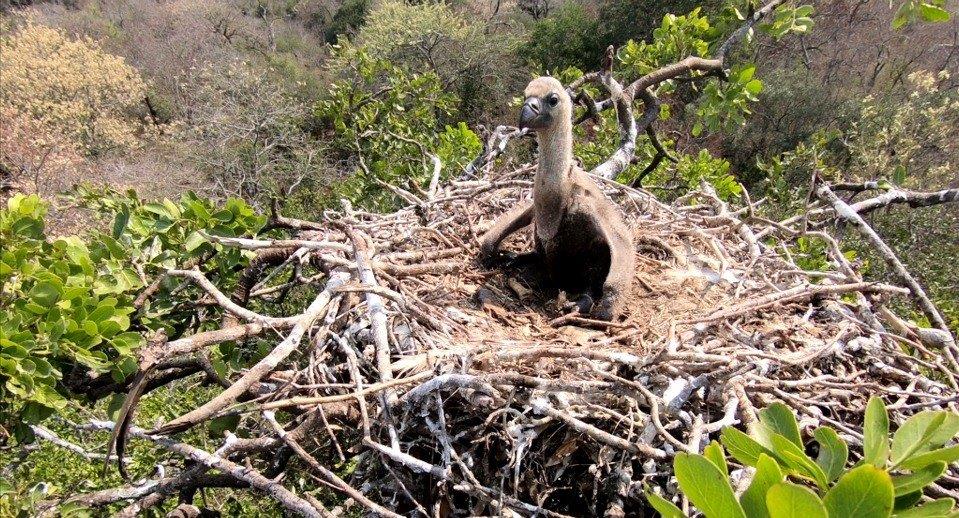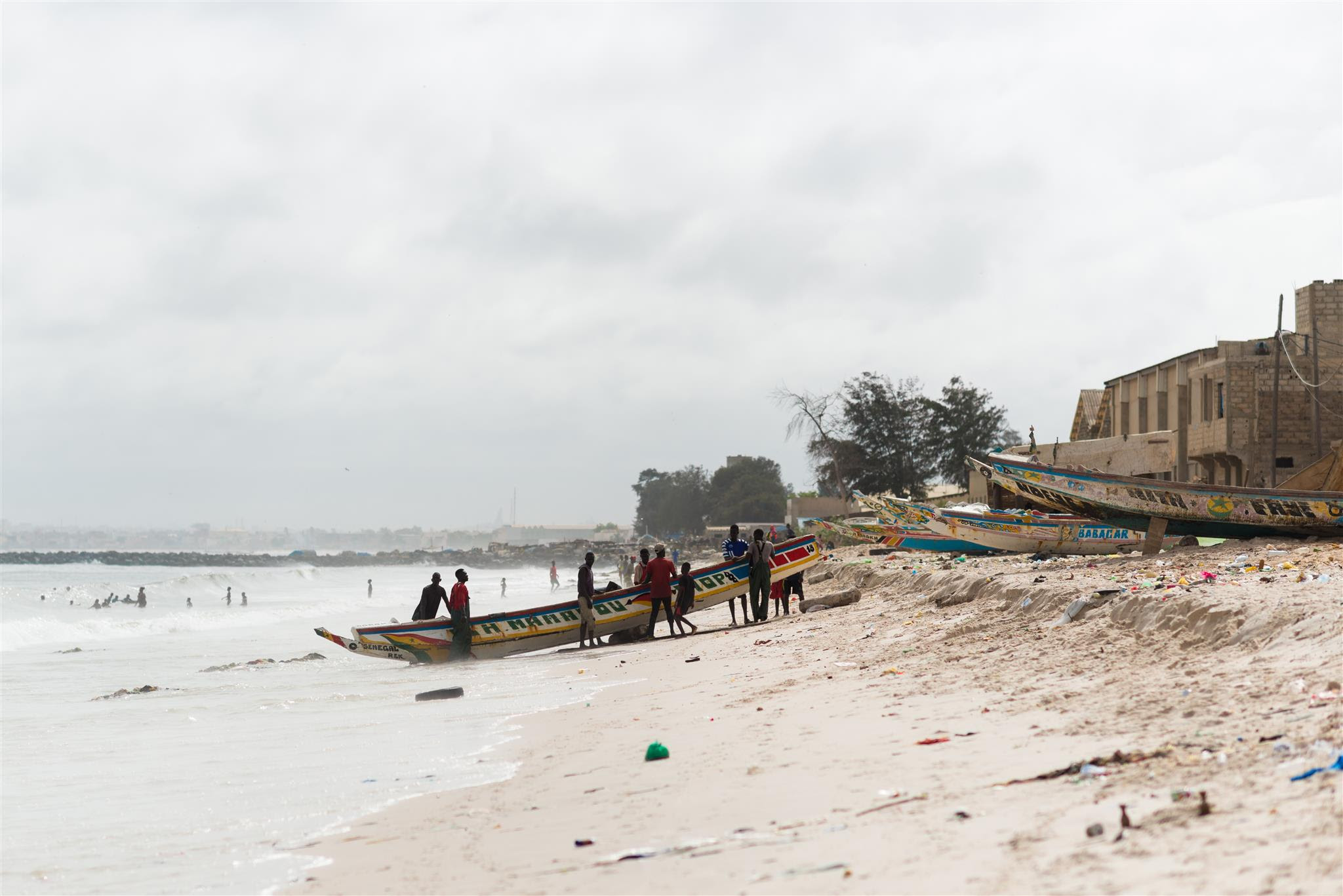HAVE YOUR SAY: The UK government is looking at restricting, or even banning, the import and export of hunting trophies.
The matter has been put out for public comment. And a 12-week consultation on the pros and cons of trophy hunting closed on 25 January.
Roving Reporters has been commissioned by Mongabay to document the debate and decisions arising.
You can contribute by emailing your views to fredk@rovingreporters.co.za.
Launching the consultation, alongside a call for evidence, the UK’s Department for Environment, Food and Rural Affairs said the consultation aimed to understand the public’s views on all sides of the debate and gather expert evidence to inform any next steps.
Four main options being consulted on are:
- A ban on the import and export of hunting trophies from certain species
- Stricter requirements to demonstrate clear benefits to conservation and local communities before hunting trophies from certain species are permitted to enter or leave the UK
- A ban on all hunting trophies entering or leaving the UK
- Continuing to apply current controls based on internationally agreed rules.
The following are the key questions included in the UK’s Call for Evidence
Conservation
We recognise that some conservationists believe that trophy hunting can be an effective conservation tool, supporting local livelihoods and attracting revenues for other conservation activities. We also recognise there is evidence that badly managed trophy hunting can have negative impacts on wild animal populations, including on populations of animals of non-target species.
- Please provide any evidence you have on the impacts on species conservation and the natural environment of the import and export of hunting trophies to and from the UK.
- Are there greater impacts from the import and export of hunting trophies to and from the UK on some species over others?
The scale of the impact of further restrictions on the import and export of hunting trophies
- Please provide evidence of the number of hunting trophies entering and leaving the UK, which species these are derived from and which animal parts they consist of or are made from (e.g. head, paws, skin).
We are particularly interested in information about hunting trophies which do not currently require a CITES import or export permit.
- Please provide any evidence to assist our understanding of the number of companies which are supported by the movement of hunting trophies between the UK and other countries.
- Would UK businesses be impacted by stricter controls on the import and export of hunting trophies and, if so, how?
- If possible, please provide evidence of the (i) potential magnitude of both one off and ongoing impacts, including value and/or number of sales, (ii) types of businesses (e.g.
small and medium size enterprises) and (iii) distributional impacts (e.g. transfer of income between businesses and sectors).
International action
We recognise that a change in the UK’s policy in relation to the import and export of hunting trophies may have an impact on other countries. We would like further information
on these impacts. For example, we understand that some countries have imposed bans or stricter measures on imports of hunting trophies, including the US, Australia, the Netherlands and France. The measures vary from imports being judged on a case by case basis in the US, to targeted bans on hunting trophies made from specified parts of a particular species (e.g. lion heads, paws and skins), for example in France, and a broader set of measures restricting imports of hunting trophies from over 200 species, as in the Netherlands. A small number of countries have also introduced domestic legislation to restrict the practice of trophy hunting, including Brazil, Kenya, India and Malawi.
We are interested in finding out more about other countries’ restrictions on trade, import or export of hunting trophies, or domestic restrictions on the practice of trophy hunting itself.
Please provide any information and/or evidence that you are aware of on this.
- Please provide evidence of the impacts of restrictions on trade, import or export of hunting trophies, or impacts of domestic restrictions on the practice of trophy hunting on:
a) species conservation and natural environment
b) livelihoods and the well-being of rural communities living with wildlife
c) economic development
Building a wildlife economy
We would like to explore alternative means which can deliver the benefits to conservation and local people that trophy hunting operations are considered by some to bring. The viability of alternatives such as photo-tourism have been contested.
- Please provide any evidence of the impact that import and export of hunting trophies to and from the UK has on supporting local livelihoods.
- Please provide any evidence of alternative practices that could deliver similar ecological, social and economic benefits in the UK and abroad to those that trophy hunting is purported to provide.
- Please provide any evidence on the scale of revenues from trophy hunting, particularly in relation to other sectors in the economy.
- How much money goes back to communities from trophy hunting compared to other activities such as wildlife tourism?
Animal welfare
We understand that there have been some reports of sub-standard animal welfare relating to poorly managed trophy hunting, which has caused physical or mental stress to animals.
- Please provide any evidence to support any concerns about sub-standard welfare of animals which are hunted for trophies.
To participate in the UK’s call for evidence, contact huntingtrophyconsultation@defra.gov.uk.












